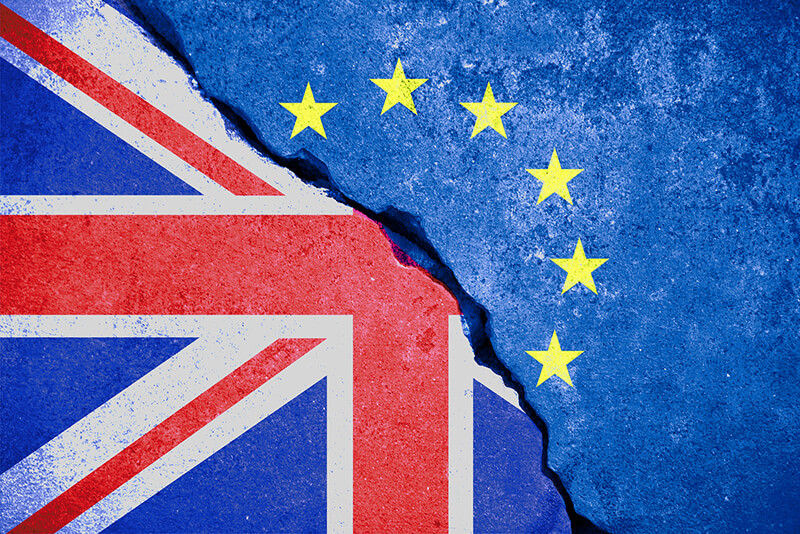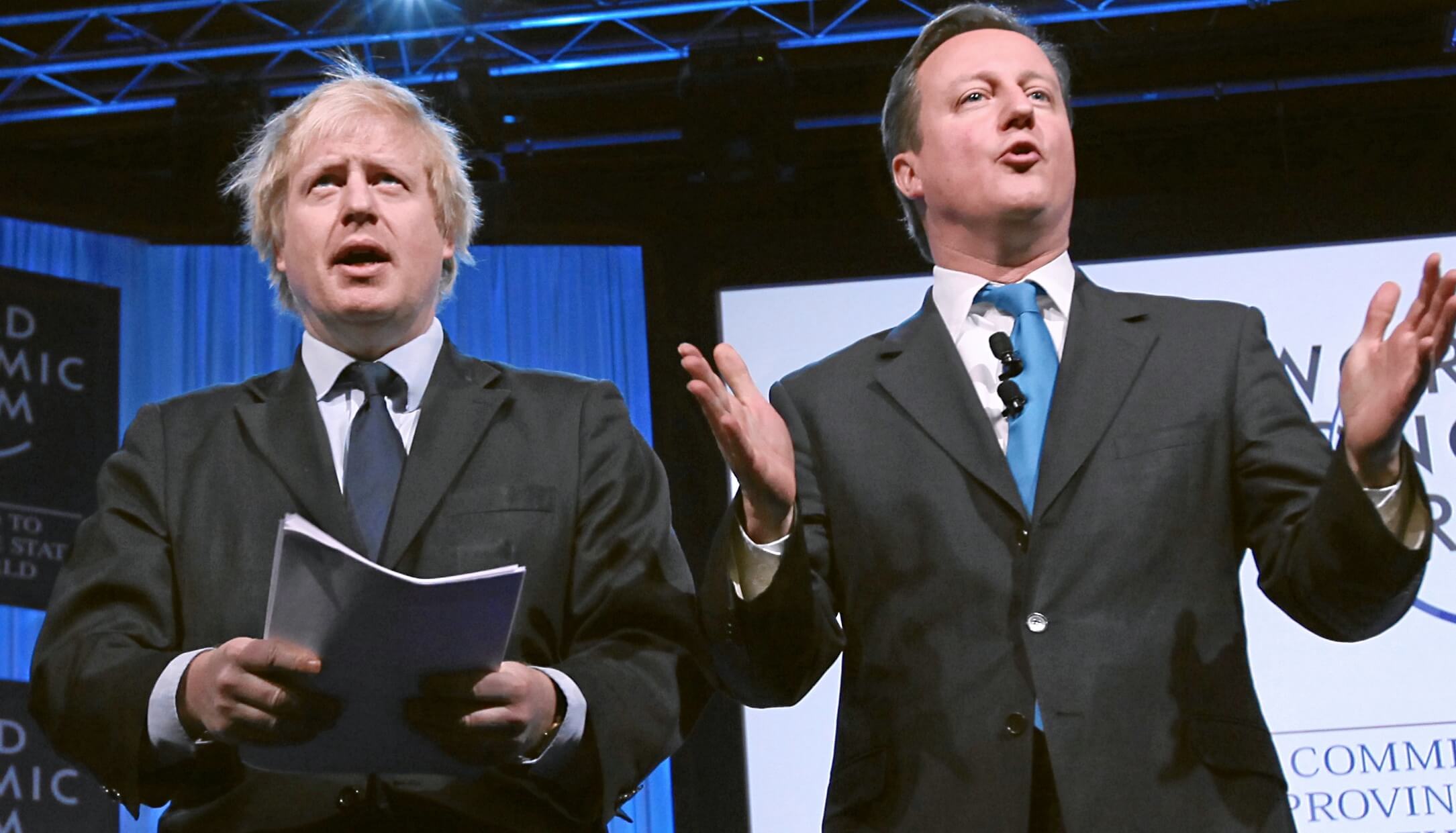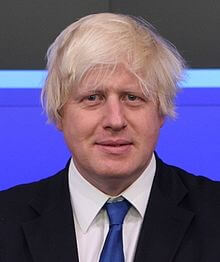On both sides of the Atlantic, political and business retaining walls are being torn down in the belief that they are of no structural importance. Messing with the political and business architecture is likely to have grave, and possibly terrible, effects on democracy and prosperity.
In the United States solid, political orthodoxy, which has served well for so long, is under attack in the Congress and on the hustings.
A more advanced attack is underway in Europe than the United States, but it is a harbinger nonetheless of bad things that can happen here. The commonalities outweigh the differences.
In Europe, Britain has embarked on one of the great, avoidable debacles of history: the decision to leave the European Union. It will destabilize Europe, almost certainly lead to a breakup of the United Kingdom, and leave the British Isles vulnerable and impoverished, clinging to the tatters of its “sovereignty.”
To bring about this state of affairs, the British had to take aim at the very architecture of the English Constitution: the collection of rules and precedents that has flowed since Magna Carta and is enshrined in the doctrine of parliamentary sovereignty.
Now the Conservative Party is bowing to the result of a referendum, a decisive result nonetheless, that will withdraw from Europe without a debate or vote in the House of Commons. A referendum in Britain — there have only ever been three, and all have been on Europe — denies representative government, created over the centuries, as the only system of government: the fundamental political architecture.
In the United States, the political architecture is under threat because we fail to revere it. A book by Richard Arenberg and Robert Dove, titled “Defending the Filibuster: The Soul of the Senate,” outlines one way that the structure is facing the wrecking ball. For 34 years, Arenberg worked in the Senate for such Democratic political giants as George Mitchell, Carl Levin and Paul Tsongas. Robert Dove served twice as Senate parliamentarian and was on Republican Robert Dole’s staff. They argue that the political architecture in the Senate is under attack from the ceaseless, ugly partisanship and that the filibuster, a minority guarantee to a say, may be swept away.
Arenberg told me that the filibuster, always used sparingly and seldom invoked, has been abused in recent years to such an extent that a change in the Senate rules could sweep away this unique tool of whichever party is in the minority to be heard. If that happens, he said, a situation like the one in the House would prevail, where the majority holds sway without regard to the minority, more like a parliamentary system.
Other threats to the structure of American democracy abound. Many of them have been enunciated by Hedrick Smith, a distinguished documentary filmmaker and former New York Times correspondent, in his book “Who Stole the American Dream?” He points to gerrymandering and special interests and their money as threatening the retaining walls of the American democracy.
Worse, maybe, on both sides of the Atlantic, is the growing conservative rejection of trade as the basis not only of prosperity, but also of foreign policy stability.
Brexit is the willing destruction of Britain’s largest trade arrangement and an equivalent reduction in its influence in Europe and, by extrapolation, in the world.
In the United States, Hillary Clinton has pusillanimously turned her back on the Trans-Pacific Partnership, a trade pact that she helped write. And Donald Trump has declared his intention to trash almost all our trade treaties, which, including the North American Free Trade Agreement, he claims have been written by idiots to favor our competitors.
Most worrying is the way the U.K.’s Conservative Party and Republicans, silenced by Trump’s candidacy, here have accepted this rejection of traditional conservative bedrock: prosperity through trade. Institutionally, they have been quiet, so quiet.
The threat to good governance in Europe and America, combined with the prevailing economic heresy, poses a serious threat to the West and must have its enemies in Moscow and Beijing doing a happy dance. They know that if you knock down enough retaining walls, the structure will be weakened to the point of collapse. The wrecking balls are already at work.






